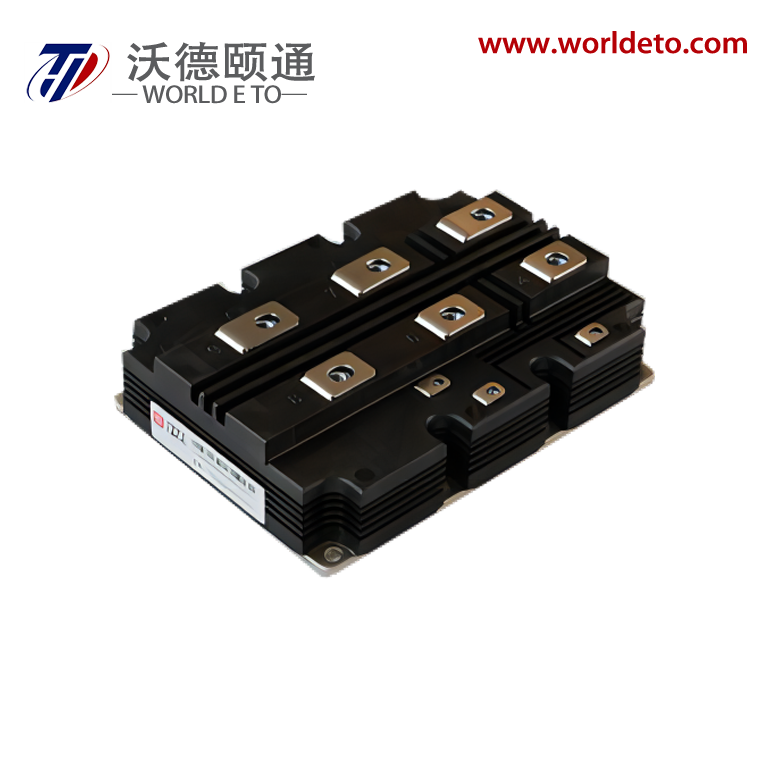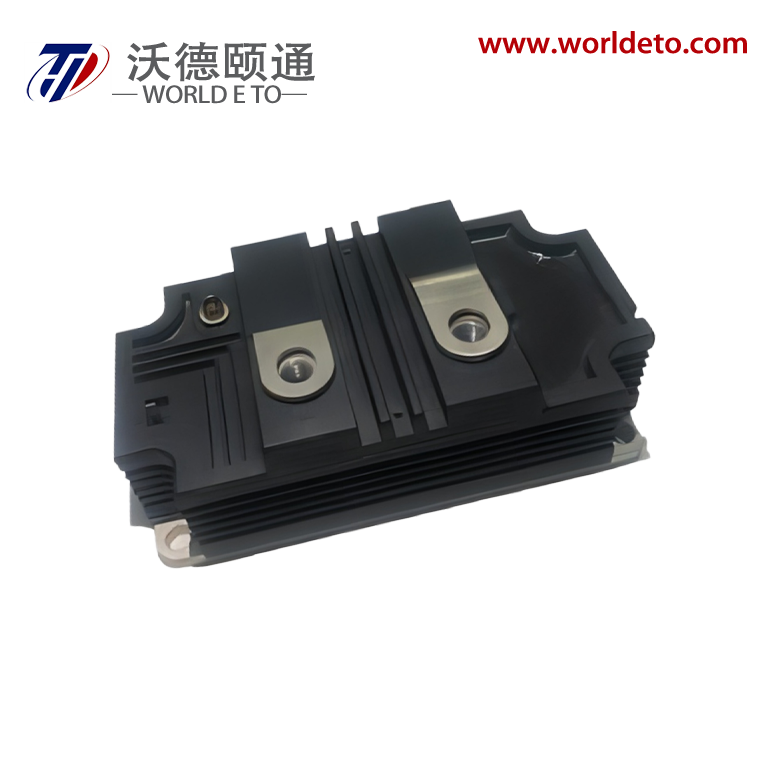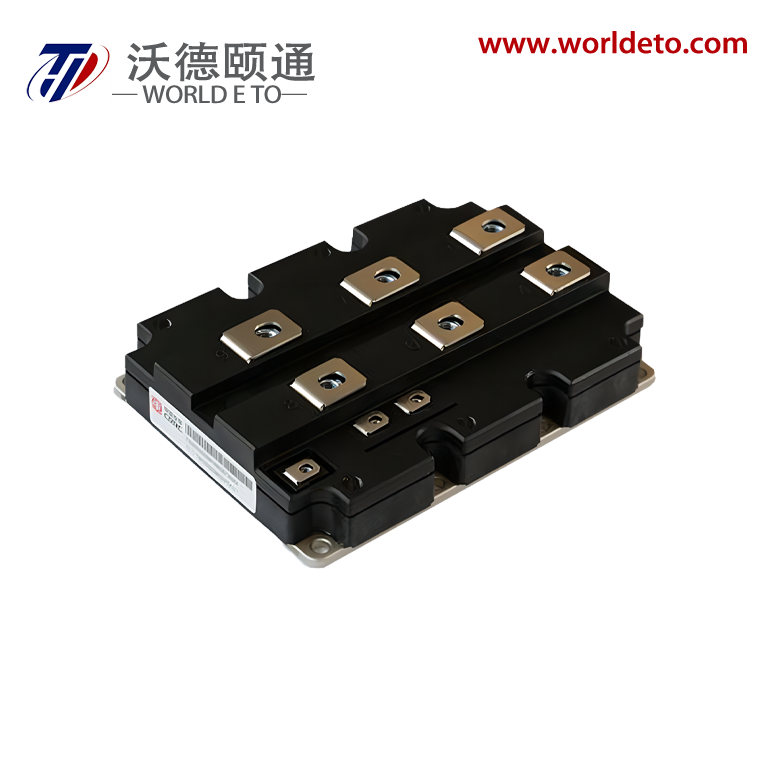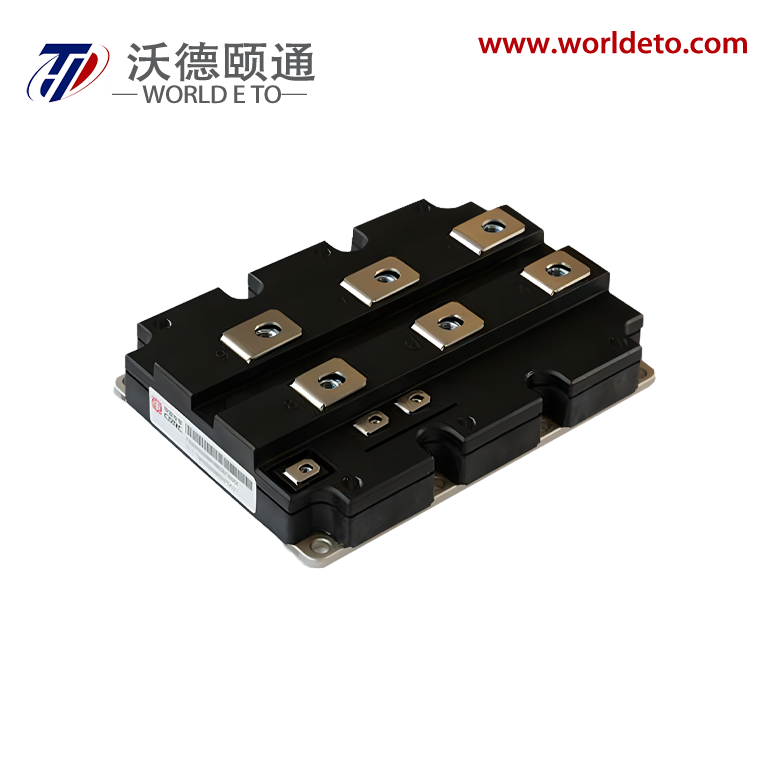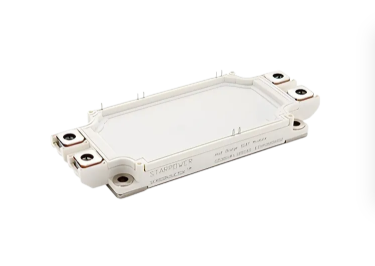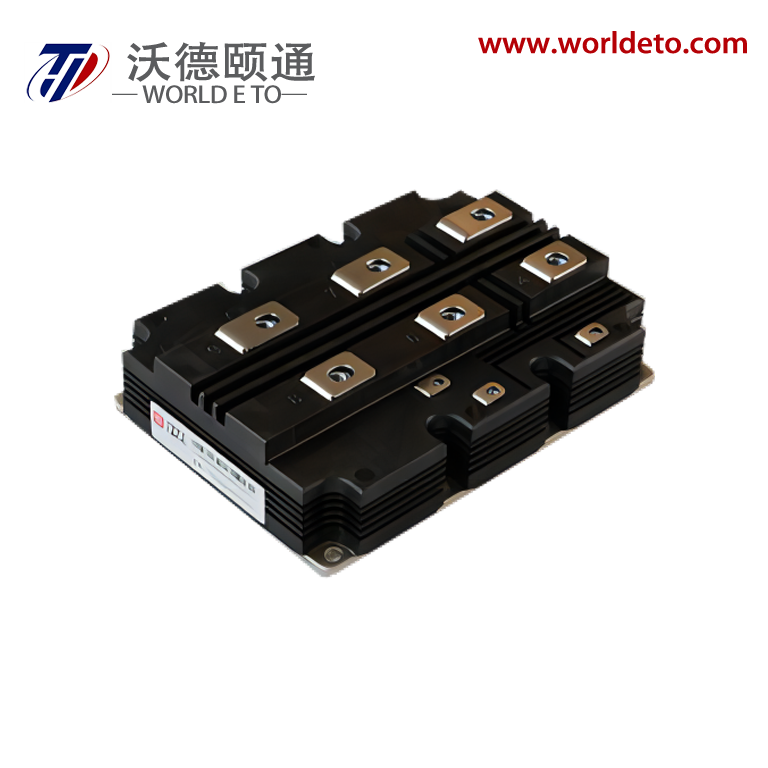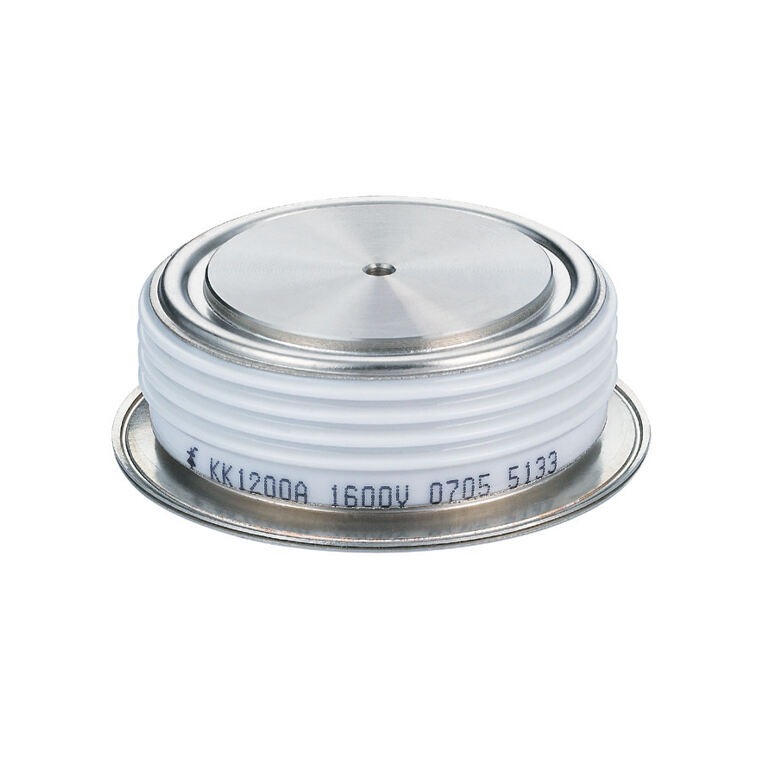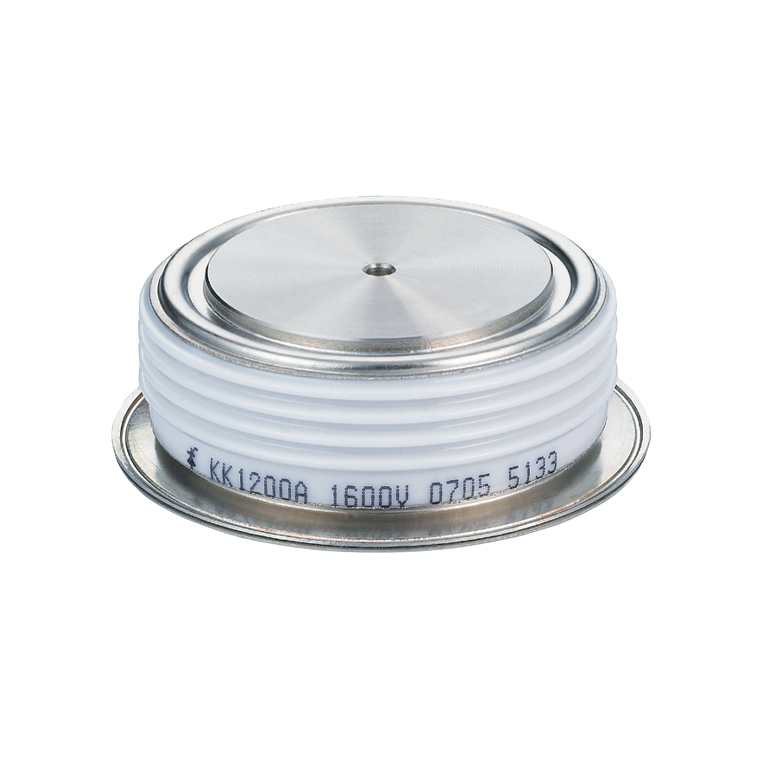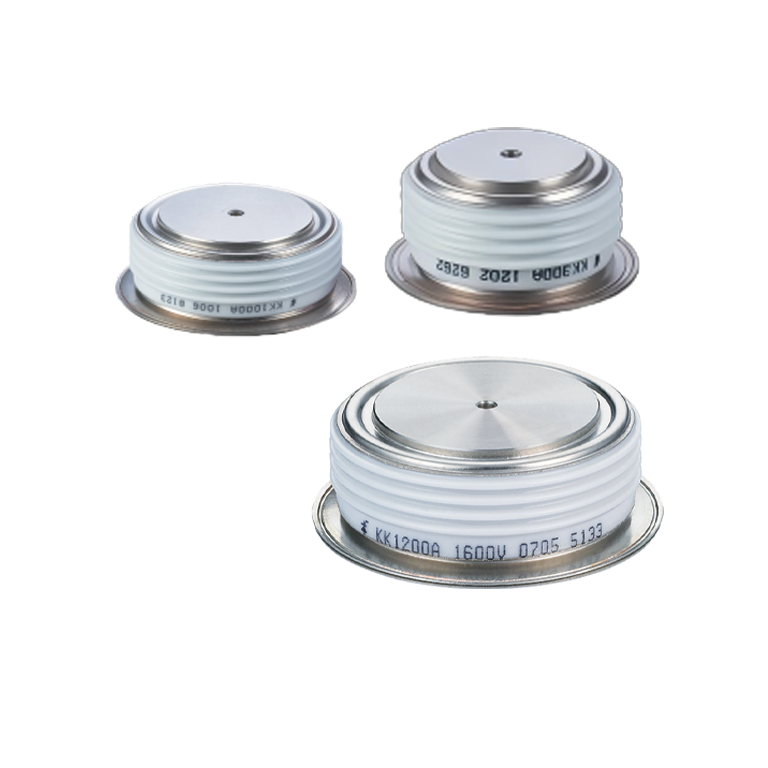frequency converter device
A frequency converter is a sophisticated electronic device that transforms the frequency and voltage of an electrical power supply, enabling precise control of electrical motors and equipment. This versatile device operates by first converting incoming AC power to DC, then utilizing advanced power electronics to generate a new AC output at the desired frequency. Modern frequency converters incorporate microprocessor-based control systems, offering exceptional accuracy in speed regulation, torque control, and energy efficiency management. These devices feature comprehensive protection mechanisms, including overcurrent, overvoltage, and thermal protection, ensuring safe and reliable operation. The technology employs Pulse Width Modulation (PWM) techniques to create smooth, adjustable output frequencies, typically ranging from 0 to 400 Hz. Applications span across numerous industries, from manufacturing and HVAC systems to renewable energy installations. In industrial settings, frequency converters optimize motor performance, reduce energy consumption, and extend equipment lifespan through soft start and stop capabilities. They play a crucial role in modern automation systems, enabling precise process control and enhanced operational efficiency. The device's ability to maintain constant torque or variable torque characteristics makes it indispensable in applications requiring precise speed control, such as conveyor systems, pumps, and ventilation systems.

